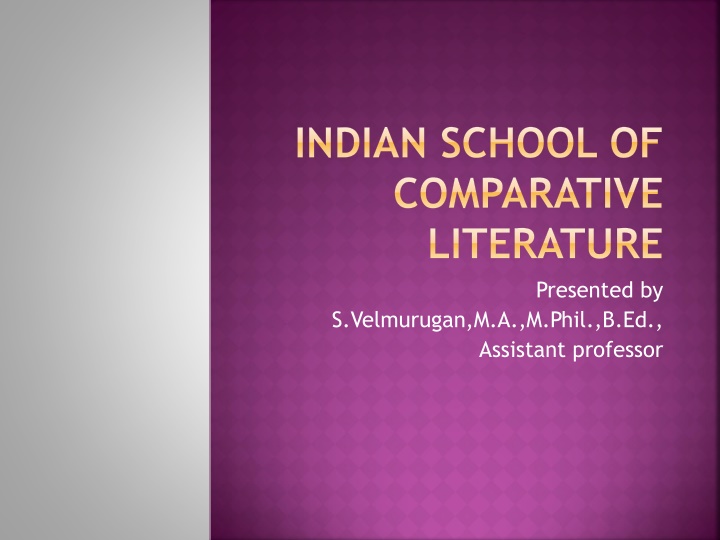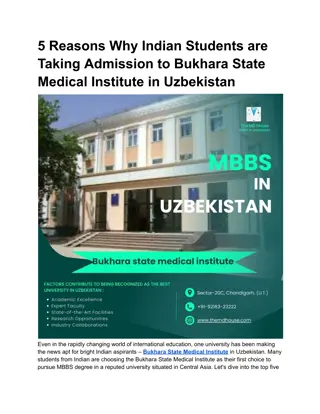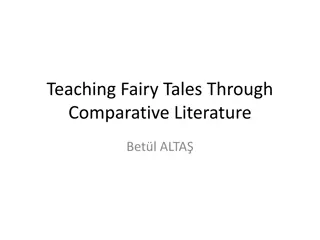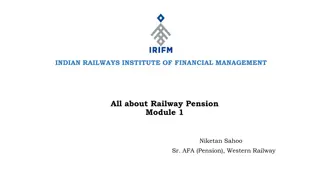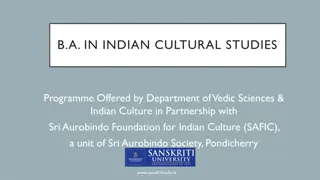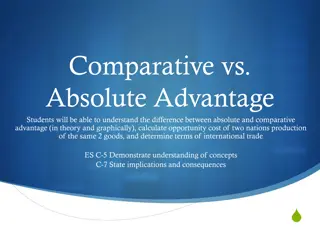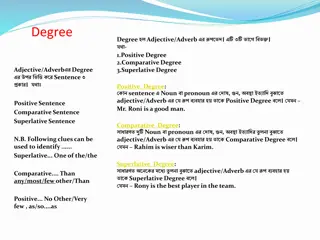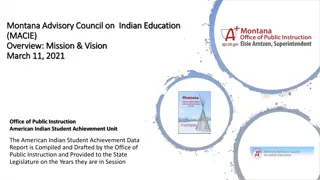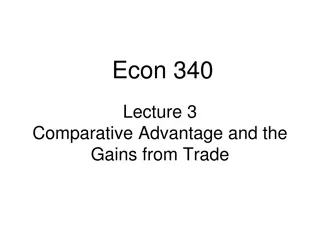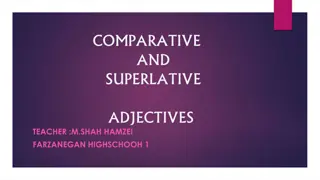Insights into the Indian School of Comparative Literature: A Comprehensive Overview
The Indian School of Comparative Literature, pioneered by Dr. Buddhadeva Bose in 1956 at Jadavpur University, plays a crucial role in studying the diverse languages and rich literary traditions of India. This academic discipline has grown significantly, with a focus on French symbolist poetry's influence on Bengali poetry and in-depth research on Bengali, Tamil, and other literatures. Many Indian universities now offer courses and departments in Comparative Literature, fostering research and exploration. The Dravidian School, led by scholars like V.V.S. Iyer, focuses on analyzing texts like the Ramayana in the South Indian context, showcasing the depth and diversity of literary studies in India.
Download Presentation

Please find below an Image/Link to download the presentation.
The content on the website is provided AS IS for your information and personal use only. It may not be sold, licensed, or shared on other websites without obtaining consent from the author.If you encounter any issues during the download, it is possible that the publisher has removed the file from their server.
You are allowed to download the files provided on this website for personal or commercial use, subject to the condition that they are used lawfully. All files are the property of their respective owners.
The content on the website is provided AS IS for your information and personal use only. It may not be sold, licensed, or shared on other websites without obtaining consent from the author.
E N D
Presentation Transcript
INDIAN SCHOOL OF COMPARATIVE LITERATURE Presented by S.Velmurugan,M.A.,M.Phil.,B.Ed., Assistant professor
INTRODUCTION India is a country where many languages are being spoken and good creative literatures are produced. India needs the study of comparative literature more than any other country in this world. After introduced in Jadavpur University, it is emerging as a strong force in India.
Next to the French, American and Russian schools of comparative literature, Indian comparatists are becoming very popular. The Beginnings It was established in 1956at Jadavpur University by Dr. Buddhadeva Bose, a popular Bengali poet, novelist and critic. He established the separate department in the same university after great opposition and protest.
He edited a reputed journal called The Jadavpur Journal of Comparative Literature which carries rare articles. He was called the father of Comparative literature in India. The Department of Comparative Literature Studied the influence of the 19thcentury French symbolist poetry on Bengali poetry.
The study was extended to some areas and writers. Elaborate researches have been made on Bengali and Tamil Literatures. It spread to some North Indian and South- Indian Universities.
Many Universities have introduced a paper at UG and PG levels. A few Universities like MKU in the South have constituted a separate department. Delhi University has made special provisions on the same in major Indian languages. Dr. Das Gupta has taken initiatives in this field. Taking technical help from experts in this field, the Central University at Hyderabad has started teaching in this literature. Moreover, the researches have been encouraged and undertaken in many Indian Universities
Dravidian School: It consists of scholars in Tamilnadu and Srilanka V.V.S.Iyer and Dr.Kailasapathy are considered to be pioneers in this field of study in south V.V.S.Iyer made an in-depth study of the Ramayana by Kambar Being an expert in other languages, he compares Kambar with the greatest epic poets in this world
This is the first step in this field Dr.Kailasapathy of Jaffna University in Srilanka made a systematic study in this field He compared the sangam poetry with the heroic poetry of the western literature His Tamil Heroic Poetry Published in 1966 is the second step He also coined the term Oppiyal Illakiyam in Tamil
In this book he deals with the general principles of Comparative Literture Some of his writings show his Marxist leanings Other notable contributions include Thaninayaka Adigal s beautiful comparisons between the Sangam poetry and Tirukural with the Greek and Latin Literature
Similarly Dr. V.S.P. Manickam compared the concept of love in Sangam poetry with the heroic love celebrated in Greek poetry One of the Venerated Tamil scholars, Vaiyapuri Pillai also find an awareness and the importance of this study through his works
Madurai Kamaraj University: This University has done yeoman service to the cause of this literature It is the first University in the whole of South India to open the separate department in this field Dr. T.P. Meenakshisundaram s lectures delivered at the Third World Tamil Conference and Tamil Cultures in 1970 and it paved the way for the establishment of this Literature
Dr. Sachithanandan also submitted a paper The Impact of western Thought on Bharathi He made a detailed study between Whitman and Bharathi He has published a full-length study of Comparative Literature in Tamil Various Scholars are doing their best to promote this literature
Principles: The Indian school is like the American School of Comparative Literature The scholars here take up comparison between one literature to another as well as the comparison between literature and other arts India offers ample scope for comparative study with her rich traditions of arts and cultures
Conclusion: Indian comparatists try to unite Indian cultures by comparing and translating literatures They help in the understanding of cultures Indians take pride in their literatures Proper comparative studies will bring out the qualities of each literature
